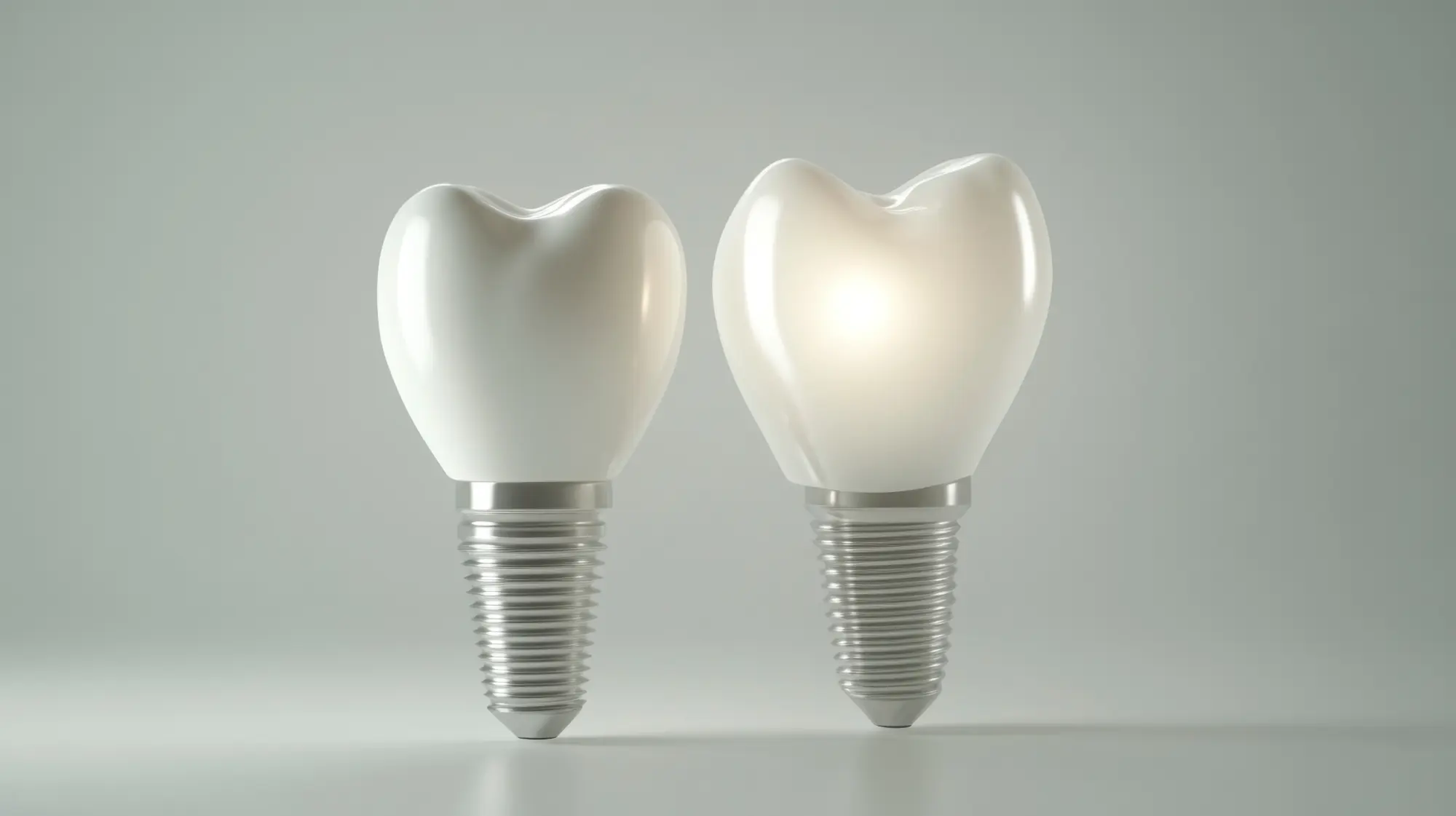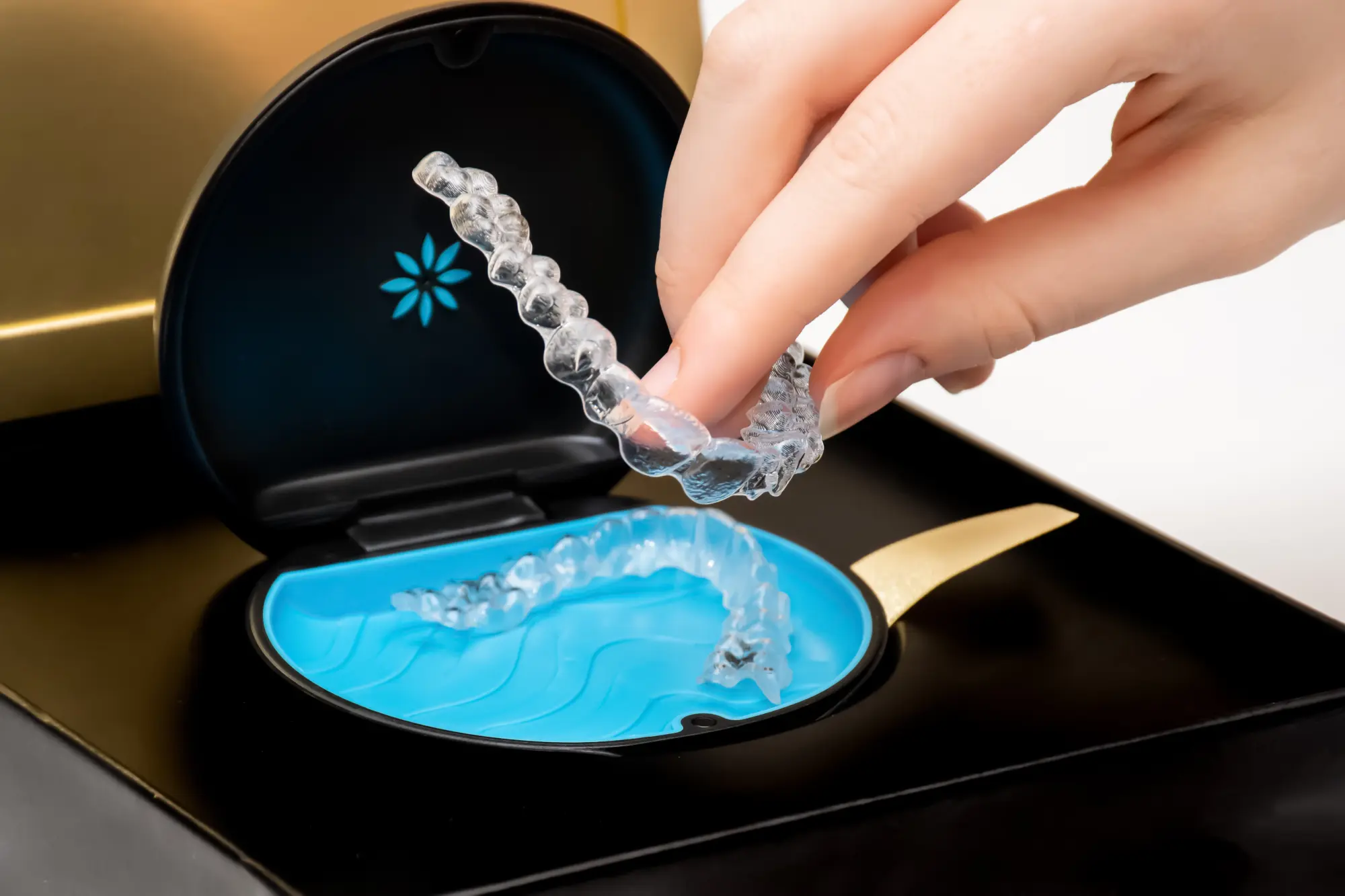
Can TMJ Go Away On Its Own?
Temporomandibular joint disorder, commonly known as TMJ, is a condition that affects millions of people worldwide. It causes discomfort and pain in the jaw, making everyday activities like eating and talking challenging. One common question that many patients with TMJ ask is: "Can TMJ go away on its own?"
Understanding TMJ
TMJ is a disorder that affects the temporomandibular joint, which connects your jaw to the temporal bones of your skull. The condition can cause a range of symptoms, including jaw pain, difficulty chewing, and a clicking or locking of the jaw joint. These symptoms can vary in severity, and in some cases, they may come and go over time.
There are several potential causes of TMJ, including injury to the jaw, arthritis, and clenching or grinding of the teeth. It's also more common in women than men, and it typically affects people between the ages of 20 and 40.
Can TMJ Go Away On Its Own?
The answer to this question can be complex, as it largely depends on the underlying cause of the condition. In some cases, TMJ symptoms may lessen or disappear over time without treatment. This is especially true for individuals whose TMJ is caused by temporary factors, such as stress-induced teeth grinding.
However, in many cases, TMJ will not go away without treatment. If your TMJ is caused by a physical issue, such as a misaligned jaw or arthritis, it's unlikely that the condition will resolve on its own.
Treatment Options for TMJ
There are several TMJ treatment options available , ranging from home remedies to surgical interventions. Home remedies include using ice packs, avoiding hard foods, and performing jaw exercises. Over-the-counter pain relievers can also be helpful for managing TMJ symptoms.
In more severe cases, your doctor may recommend prescription medications, physical therapy, or even surgery. The right treatment for you will depend on the severity of your symptoms and the underlying cause of your TMJ.
Preventing TMJ
While it's not always possible to prevent TMJ, there are steps you can take to reduce your risk. These include maintaining good posture, avoiding excessive jaw movements, and managing stress. Regular dental check-ups can also help to identify and address potential issues before they develop into TMJ.
Remember, if you're experiencing symptoms of TMJ, it's important to seek medical advice. Early intervention can often help to prevent the condition from worsening and can improve your quality of life.
When to Seek Professional Help
While some mild cases of TMJ may improve on their own, it's crucial to know when to consult a healthcare professional. You should seek medical attention if you experience persistent jaw pain, difficulty opening or closing your mouth, or if TMJ symptoms interfere with your daily activities. Additionally, if you notice any changes in your bite or hear clicking or popping sounds when moving your jaw, these could be signs that professional intervention is necessary. A dentist can provide a proper diagnosis and recommend appropriate treatment options to manage your condition effectively.
Get TMJ Treatment in Lake Ridge
If you're dealing with TMJ, don't hesitate to reach out to us at Lake Ridge Dental. Dr. Sanae Berrada is experienced in diagnosing and treating TMJ in in Lake Ridge, and she can help you find relief from your symptoms. Call us today at (703) 491-4040 to request an appointment.


















